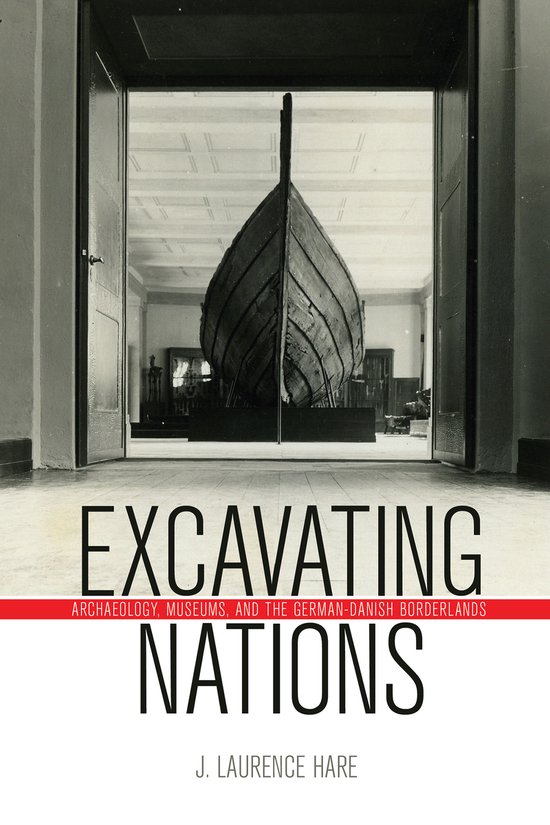Excavating nations

1 - 2 weken
Excavating Nations traces the history of archaeology and museums in the contested German-Danish borderlands from the emergence of antiquarianism in the early nineteenth-century to German-Danish reconciliation after the Second World War.
Excavating Nations traces the history of archaeology and museums in the contested German-Danish borderlands from the emergence of antiquarianism in the early nineteenth-century to German-Danish reconciliation after the Second World War. J. Laurence Hare reveals how the border regions of Schleswig-Holstein and Sønderjylland were critical both to the emergence of professional prehistoric archaeology and to conceptions of German and Scandinavian origins.
At the center of this process, Hare argues, was a cohort of amateur antiquarians and archaeologists who collaborated across the border to investigate the ancient past but were also complicit in its appropriation for nationalist ends. Excavating Nations follows the development of this cross-border network over four generations, through the unification of Germany and two world wars. Using correspondence and site reports from museum, university, and state archives across Germany and Denmark, Hare shows how these scholars negotiated their simultaneous involvement in nation-building projects and in a transnational academic community.
- 1 Bekijk alle specificaties
Taal: en
Bindwijze: Hardcover
Oorspronkelijke releasedatum: 27 februari 2015
Aantal pagina's: 264
Illustraties: Met illustraties
Hoofdauteur: J. Laurence Hare
Hoofduitgeverij: University Of Toronto Press
Extra groot lettertype: Nee
Product breedte: 159 mm
Product hoogte: 25 mm
Product lengte: 229 mm
Studieboek: Nee
Verpakking breedte: 161 mm
Verpakking hoogte: 235 mm
Verpakking lengte: 25 mm
Verpakkingsgewicht: 570 g
EAN: 9781442648432